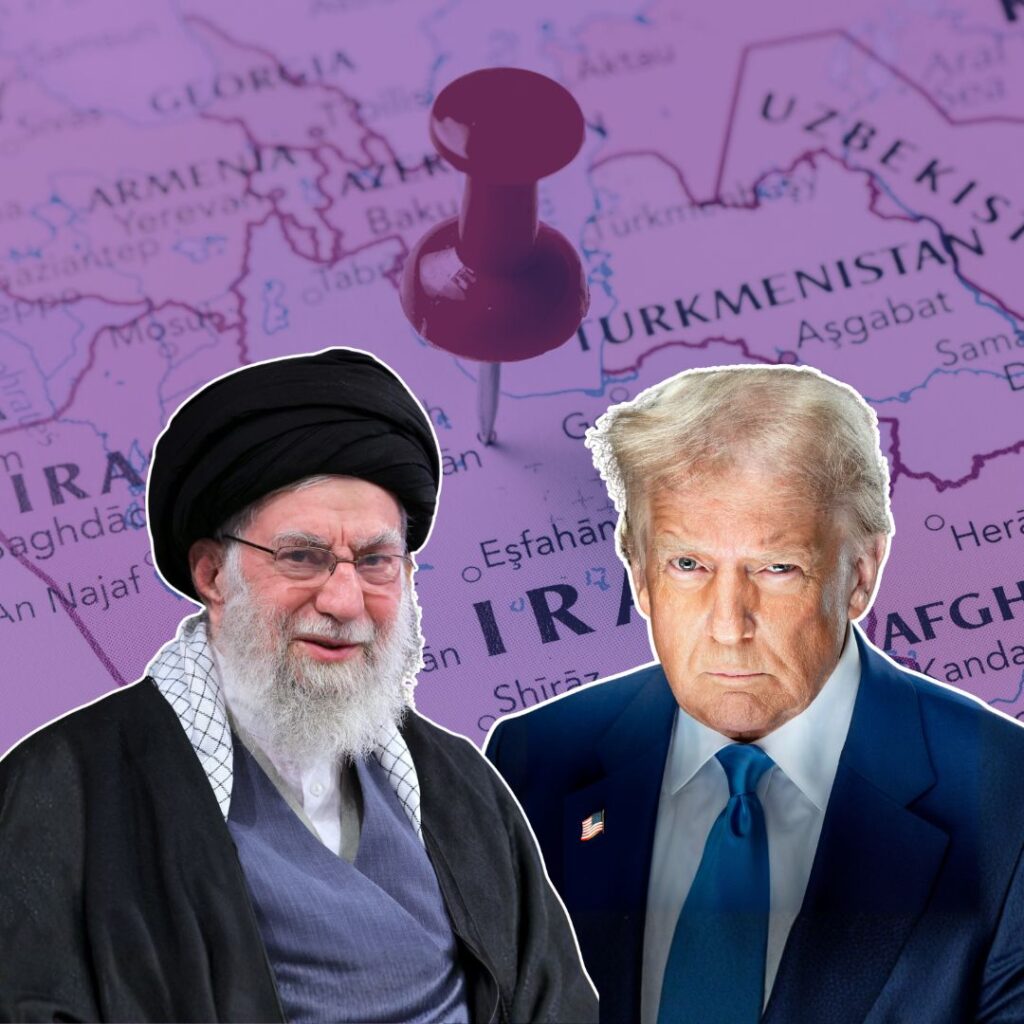“When one gets in bed with government, one must expect the diseases it spreads.” – Ron Paul
When Narendra Modi, after taking oath as the 14th Prime Minister of India, pledged to decrease the size of the government and decentralise economic power, the advocates of minimum government rejoiced.
For decades, India held the unfortunate reputation of being a country infested with endless red tape and administrative logjams. The government was huge – in that it interfered in too many aspects of individuals’ lives. And rhetoric of minimum government was a feature of only elite debate clubs and urban ghettos. This situation improved slightly after the economic reforms of 1991 but Indian bureaucracy and government remain among the most imposing in the world.
As such, when PM Modi voiced support for the cause of minimum government, conservatives and libertarians and all who endorsed the concept of small government rejoiced.
“Minimum government, maximum governance,” the Prime Minister declared, would be the guiding principle of his rule. “A citizen-friendly and accountable administration is the focus of the government,” the government proudly declared in 2015.
Text from PM Modi’s website. narendramodi.in Minimum government where?
Three years into Modi’s premiership, the PM seems to have all but given up on his pledge. The size of government has not decreased, red tape persists, ease of doing business is still mediocre, religious and cultural dictums from central and state governments have become frequent, linguistic imposition has sparked indignation in the South, and economic reforms are yet to take place.
Several ministries have more than one minister of state, the Cabinet has expanded in number – to the level of the UPA’s Cabinet, ministers seem more interested in controlling what people eat than being preoccupied with good governance and ministers are obsessed with interfering in education by rewriting textbooks and controlling how students answer their roll calls.
The welfare state has persisted, the ambit of government-sponsored reservation has increased, government spending has been redirected to the building of statues and revamping of religious structures. Labour laws, meanwhile, are still archaic, landlords still cannot freely sell their land without combating lengthy and unnecessary government procedures.
A free agricultural market is still a distant dream for India’s farmers, with obsolete laws and numerous middlemen eating most of the profits at the expense of the producers. Some commentators accuse Make in India of being “an excuse for protectionism” and an increasing trend of micro-managing the economy or violently shaking it through steps like November 2016’s note demonetisation have put to naught the Prime Minister’s promise of decentralising economic power and reducing the power of the state.
Meanwhile, the Censor Board continues to dictate morality in the entertainment industry and ministers continue to openly espouse and endorse religion, mocking secularism in the process. Bans on beef, cow slaughter, films, books etc. continue or have become more frequent.
Additionally, when it comes to transparency in governance – a critical component of limited government – the NDA’s performance is no better than the UPA’s, especially when it comes to rejection of RTIs, where the present government has fared worse than the UPA.
Why minimum government?
American economist and Nobel laureate Milton Friedman was one of the most vocal proponents of “minimum government” during his time. Friedman believed that a government – any government – has three primary functions:
It should provide for the military defense of the nation; It should enforce contracts between individuals; It should protect citizens from crimes against themselves or their property.
It was the firm belief of Friedman – and other advocates of minimum government – that when a government tries to rearrange the economy, legislate morality or help special interests, the cost come in inefficiency, lack of motivation and loss of freedom.
“Government should be a referee, not an active player,” he once said.
PM Modi’s ideology runs parallel to Friedman’s. In a 2015 address to the Economic Times Global Business Summit, he argued in favour of minimum government and outlined that the role state should exist within five main reasons:
The first is public goods such as defence, police, and judiciary. The second is externalities which hurt others, such as pollution. For this, we need a regulatory system. The third is market power; where monopolies need controls. The fourth is information gaps; where you need someone to ensure that medicines are genuine and so on. Last, we need a well designed welfare and subsidy mechanism to ensure that the bottom of society is protected from deprivation. This specially includes education and healthcare. It is obvious that PM Modi’s version of “minimum govern…










